Meet the Parent Whisperers
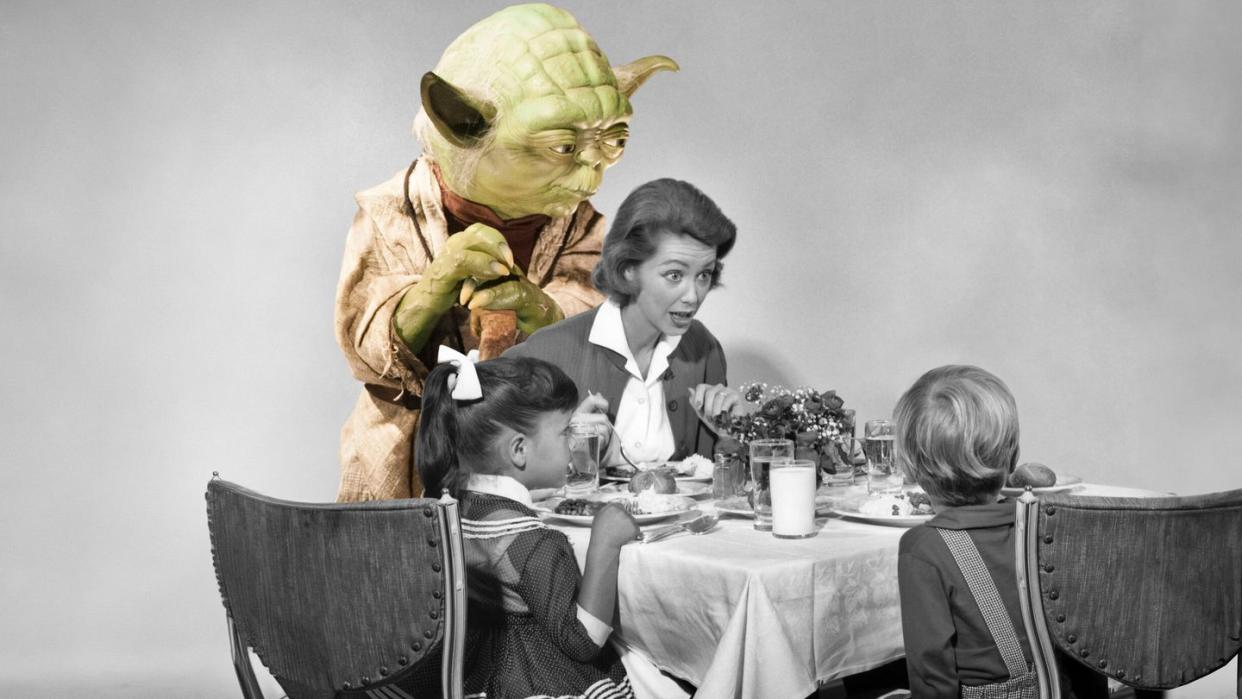
"Hearst Magazines and Yahoo may earn commission or revenue on some items through these links."
Deep in the throes of pandemic life, a Manhattan mother of two whom I’ll call Amy was flailing in a way many Manhattan, and American, mothers were at that time. “It was during Covid that I realized I could not parent,” she confesses. “I didn’t really have rules. I was yelling a lot. I didn’t know when to give in and when not to give in. I felt like I wasn’t doing a good job.”
Friends began sending her Instagram reels of parenting experts like the ubiquitous Dr. Becky Kennedy and other proponents of positive parenting (or gentle parenting or respectful parenting or whatever term your favorite expert applies to the popular style of child-rearing that promotes validating your kids’ feelings, shunning the punishment/reward tactics of yore, and remaining comically even-tempered through it all). Then came an email from her children’s elite private school advertising a six-session virtual workshop with Rev. Susan Nason, aka the Parent Whisperer, titled “How to Talk So Kids Will Listen and Listen So Kids Will Talk.” Amy was quick to click. When the six weekly sessions were up, she signed on to continue regular sessions with Nason, who charges private clients $500 an hour to role-play your child’s refusal to go to bed and discuss topics like setting limits around screen time.
“I work 12-hour days,” Nason says, noting that in addition to her current client load she fields texts in a given month from up to 40 former clients who reach out with a problem they want to bounce off her. Her practice thrives through word of mouth and schools like Amy’s that promote her course. “Everyone I meet presents pretty much the same way: ‘There’s conflict, I’m not doing a good job, give me that magic wand so I can be the best parent in the world.’ ”
The last several years have ushered in a proliferation of “parenting experts”—in our feeds, in our schools, in our earbuds—giving us hypotheticals or anecdotes about their own kids (or even reenactments using their kids) to deliver ostensibly helpful scripts to be used in our own homes. There’s Gwyneth chatting on her podcast with Dr. Becky (2.5 million Instagram followers), Jenna and Hoda chatting on the Today show with the Big Little Feelings ladies (3.4 million Instagram followers), and Jessica Seinfeld posting a photo of herself with Dr. Aliza Pressman (a mere 258,000 Instagram followers—but high-quality ones!) to tout Pressman’s new book, The 5 Principles of Parenting. From any vantage point, this generation of parents is a far cry from generations before, who had many fewer parenting experts and none, aside from Dr. Spock, who could be considered a boldfaced name.
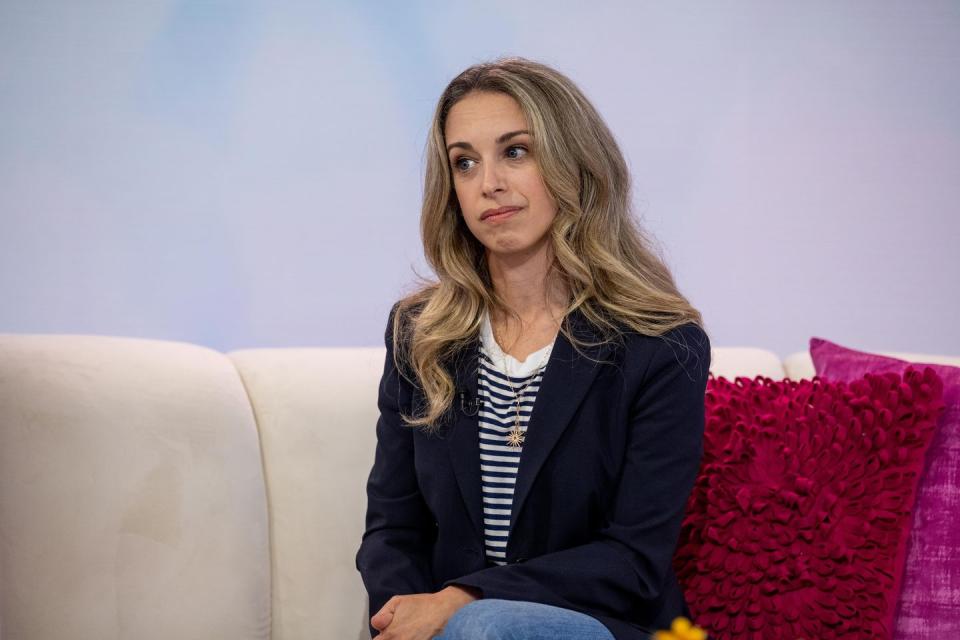
As with all else, people of means do intensive parenting in their own way. The wealthy-person staff has long included nannies, trainers, assistants, and all manner of therapists. Meet the new member: the personal parenting guru. “My son in kindergarten got into a little playground scuffle with another boy,” says a parent I’ll call Sloane whose kid goes to a top New York private school. “And that evening the mom of the other boy called me to discuss it and casually dropped that she planned to speak to her parenting therapist about it. Which, honestly, is totally normal in my world. It’s concierge parenting.”
Longtime fashion editor turned art gallery owner Carolyn Angel had the benefit of being an in-person client of Dr. Becky’s “before she was Dr. Becky.” After she gave birth to her first child, Angel recalls, a lot of her fashion friends were fans of Seedlings, “and I was invited to do group classes with Aliza or Bronwyn,” she says, referring to SeedlingsGroup, a company founded by Pressman and Bronwyn Becker Charlton, a fellow developmental psych Ph.D., which furnishes Manhattan moms with group and one-on-one sessions starting north of $400 an hour for a Zoom. (Angel is among thousands of New York moms who refer to the two experts by their first names.) “But the groups I was invited to were meeting uptown and I was downtown, and I learned about a downtown group for working moms run by someone named Becky Kennedy.” That group of women met with Kennedy monthly for eight years, in their homes or offices, and then on Zoom during the pandemic.
It was during the pandemic that their own Becky began unleashing her advice in bite-size segments on social media. Today she forgoes private practice to focus on her public profile. “It was a special group and I credit her with so much,” Angel says. “She helped me navigate in ways that I think were really effective.”
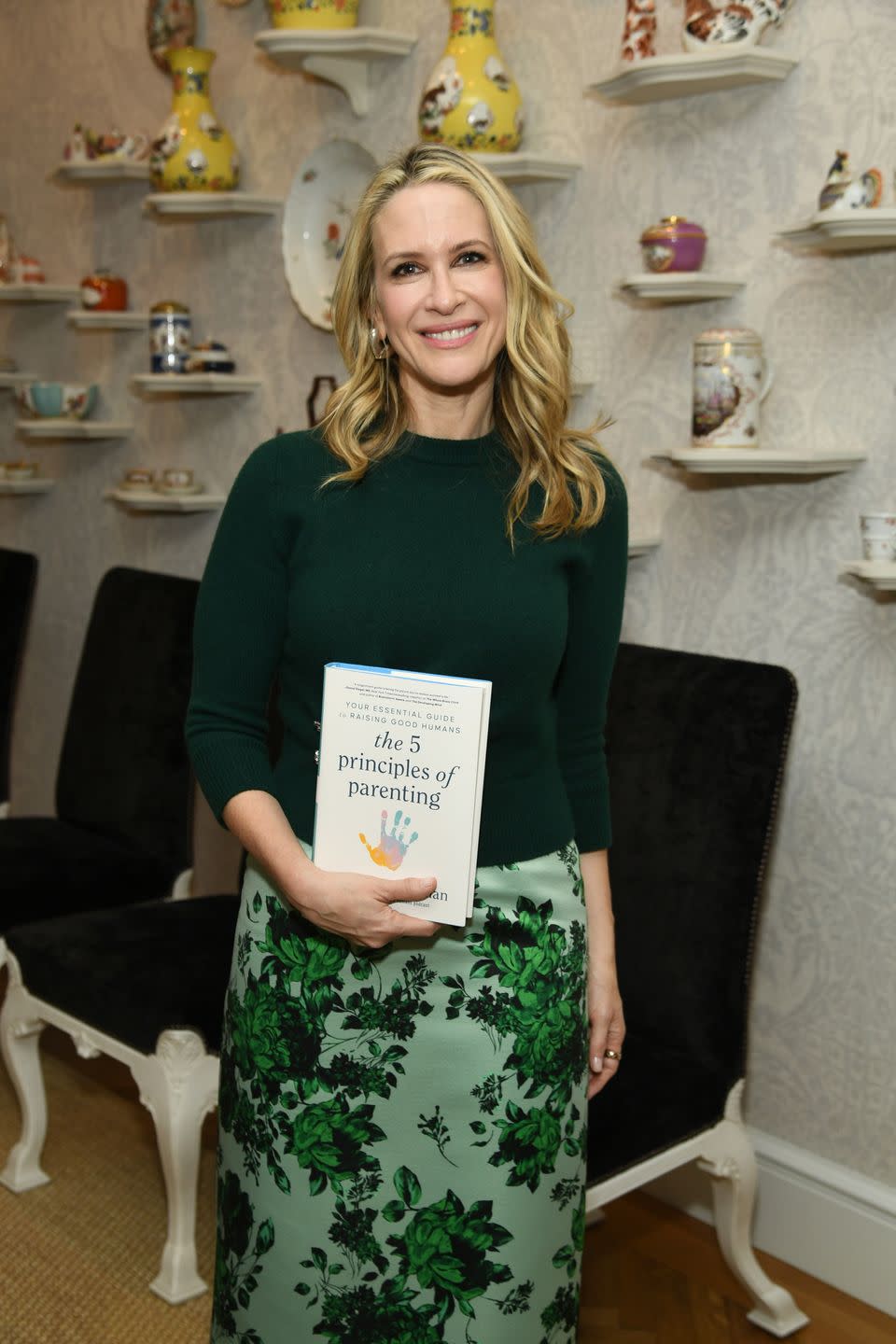
Why Now?
As superfluous as it might seem to have a parenting guru on call, it’s pretty efficient compared to following dozens of parenting experts online, keeping up with Facebook parenting groups, and going down daily rabbit holes of debates over whether helping your baby obtain a toy that’s out of his reach will turn him into an unmotivated loser. “It’s enormous,” says a friend in Westchester of the parenting advice universe, as she emails and DMs me lists of parenting gurus she follows, virtual groups she has joined, and online seminars she has watched.
Why do parents today feel they need all of this? One obvious culprit is the digital revolution, which has made today’s version of childhood unrecognizable and thus confounding to parents. Issues surrounding screen time, social media, AI, and more take up a huge percentage of parenting energy and are the topics of some of the most popular and compelling parenting content. One need only witness the popularity of Jonathan Haidt’s new book, The Anxious Generation (also posted by Jessica Seinfeld), to understand the intensity of parents’ fears about how phones are damaging their kids. “Our parents had a similar enough childhood to ours that they felt more naturally equipped,” says one longtime Seedlings client I’ll call Elle, “while our kids’ childhood looks so different from our own.”
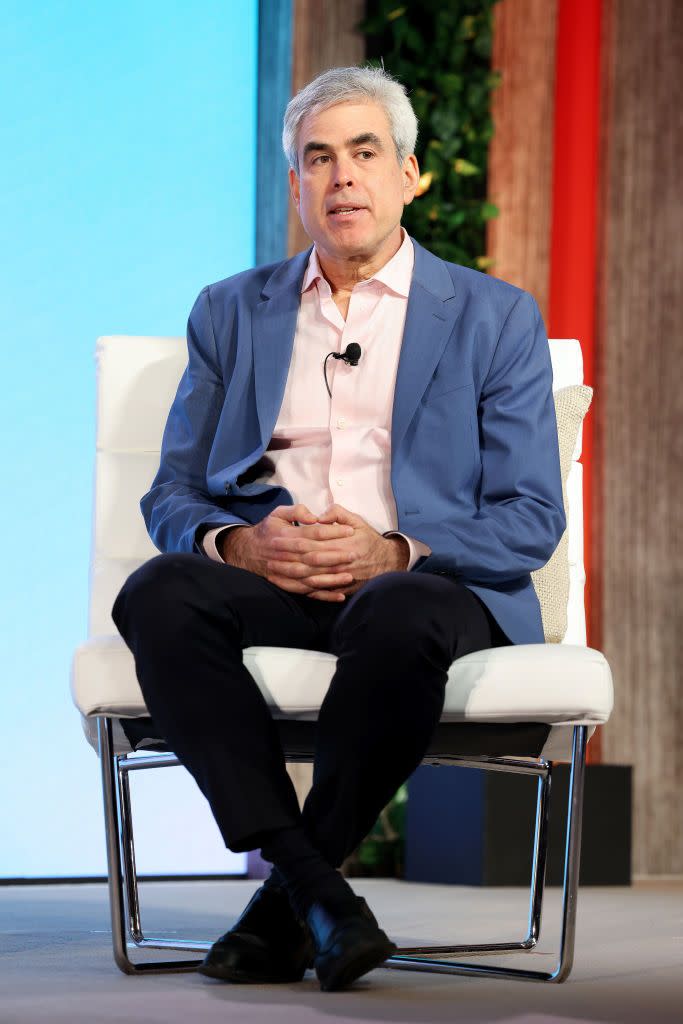
But the internet doesn’t explain why most consumers of parenting expertise seek it out while their kids are still playing with fake Fisher Price phones. For answers I called the one parenting expert whose content I have paid money to access (and that’s probably because she’s not technically a parenting expert). Emily Oster is an economics professor at Brown who began applying her expertise in data analysis to child-rearing when she became pregnant with her first child and wanted to know what the numbers actually said about everything from whether you’ll unintentionally murder your baby if you feed him raw honey (not remotely likely) to whether you’ll emotionally harm your child by sleep training him (no). “There’s been a demographic shift. People are having kids later, after they’ve achieved professional success,” says Oster, who runs the online resource ParentData. “They are then approaching parenting the same way they do their careers, as a thing to achieve in. This is not the attitude our parents came in with.”
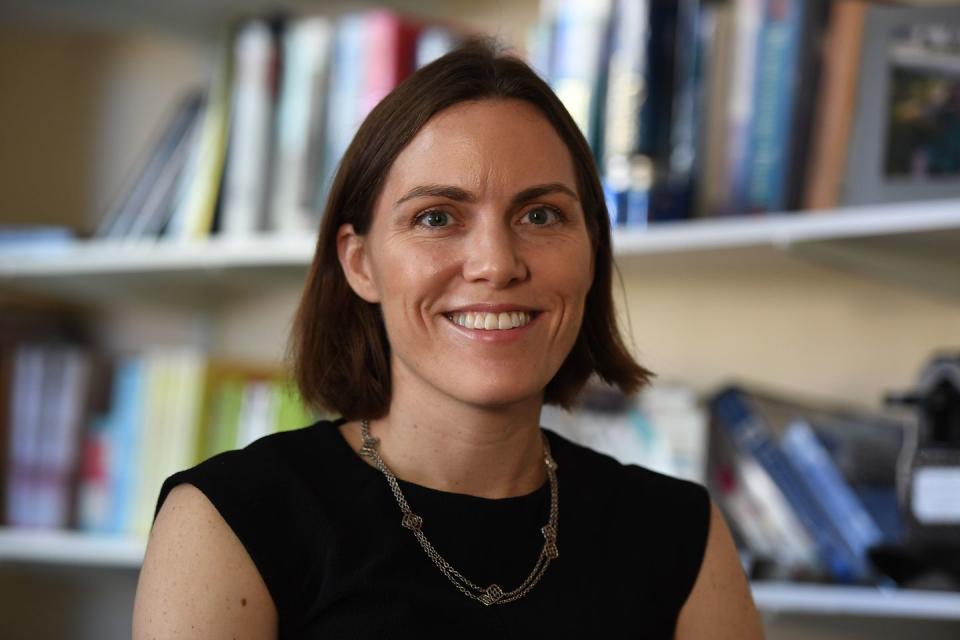
Indeed, most of the parents I spoke to said some version of “If I can do better for my children, why wouldn’t I?” This is an understandable, even laudable sentiment, but it’s hard to ignore its Tracy Flick undertones or the daunting pressure of there being no “good enough” in this new paradigm, where traditional parenting—as difficult as it is—is suddenly akin to negligence. “It’s like I tell my kids: Michael Phelps was the best swimmer in the world but he didn’t rest on his laurels,” says Elle of her perpetual effort to improve herself as a mom. “He kept practicing and practicing to be an even better best swimmer.”
“I think this generation is sick of people saying that they should ‘just know how to do it’ on their own,” Dr. Becky tells me via email. “They are calling BS on this narrative and putting out a new narrative: that parenting is important, challenging, and impactful—and so parents deserve more resources and support.” Of course, for most of history parenting resources were built in. People lived with multiple generations, you saw a ton of neighbors and friends with similarly aged kids every week at church, etc. “Living near your parents has declined, and our parents are also less involved because they are older, because we’re having kids older,” Oster says. “Religious participation is down, so you have to actively search for a community where you can ask all the questions you might have asked at weekly mass or synagogue in decades past. You can’t do it by yourself, and if your village is not right there, you have to find it elsewhere. ”
The isolation of contemporary parenting reached a pinnacle during Covid, which is when many of the parenting gurus popular today really took off. “Parents also had to be their kids’ teachers, coaches, playmates, everything,” says Laurie Rinke Langworthy, co-owner and co-director of Camp Echo Lake, a summer camp in the Adirondacks, who says she and her colleagues in the camp world have noticed a shift in interactions with parents since the explosion in parenting content. “That’s when a lot of parents first turned to the blogs and podcasts and experts.” According to Amy, the New York mom who began those parenting therapy sessions with Susan Nason during Covid, “I don’t think I would have sought out this kind of help if not for the pandemic. I don’t know that I would have ever realized there were such gaps between how I was parenting and what my kids needed from me. I probably would have just gone through their childhoods as a working mom who was content to drop in and out of their lives in a much more ‘dad’ type of role—no offense to dads,” she says. “Actually, offense to dads!” (It was a challenge to find any dads nearly as into the parenting guru movement as moms, and many women described their husbands as skeptics.)
Today’s parents also grew up much more open to the idea of therapy than their elders, and not just as a possible solution to problems but as a form of maintenance. “This generation is more invested in mental health—theirs and their children’s—and they know that the nature of a parent’s relationship with a child has long-term impact on mental health,” Dr. Becky says. Also, as Sloane notes, “We’re a generation of researchers. The internet magically appeared during our lifetime, and we put so much legwork into everything—vetting vacations, choosing the right soccer clinic, making sure our snacks are organic.”
Good Inside: A Guide to Becoming the Parent You Want to Be
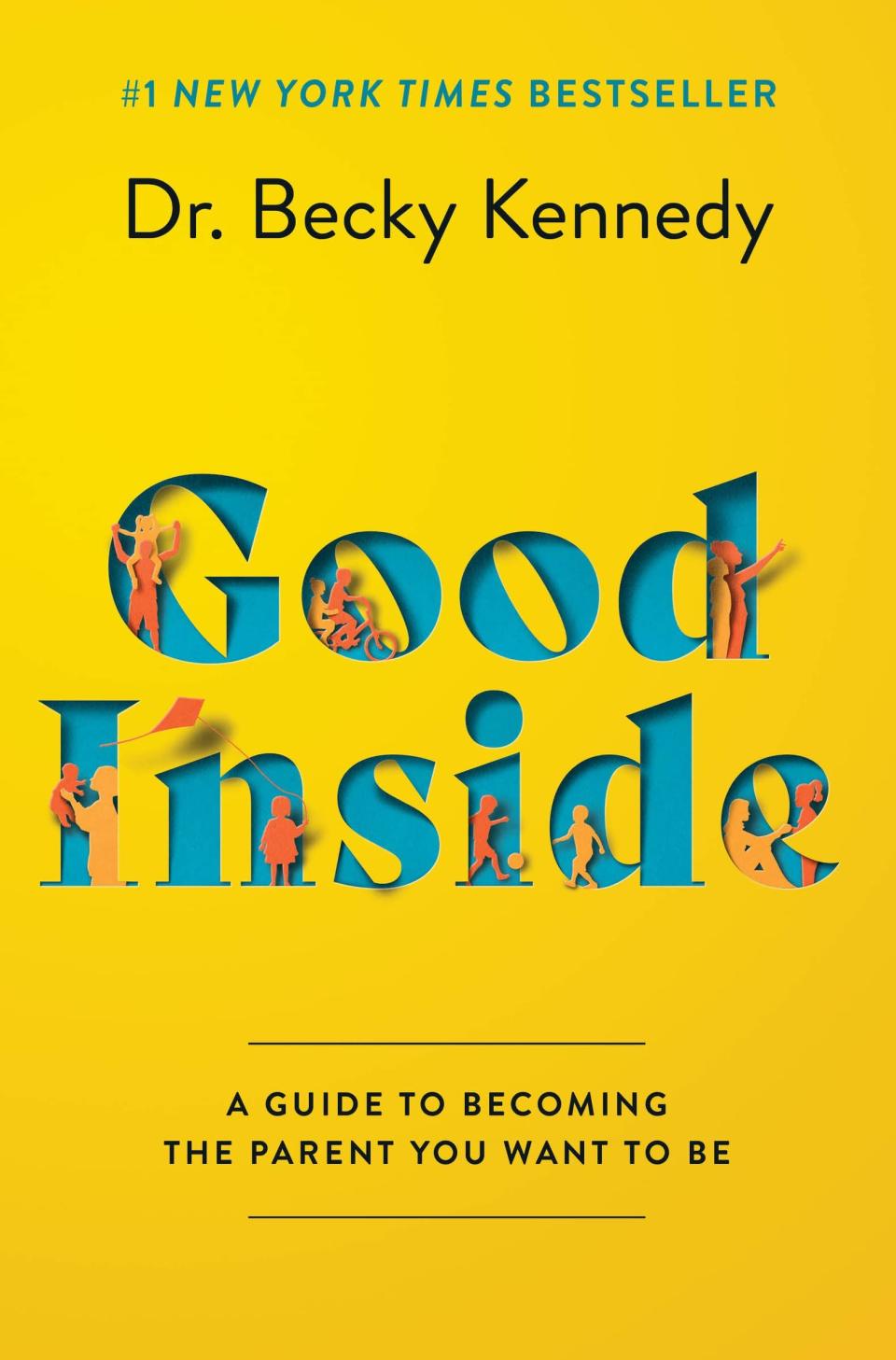
Good Inside: A Guide to Becoming the Parent You Want to Be
amazon.com
$17.29
The 5 Principles of Parenting: Your Essential Guide to Raising Good Humans
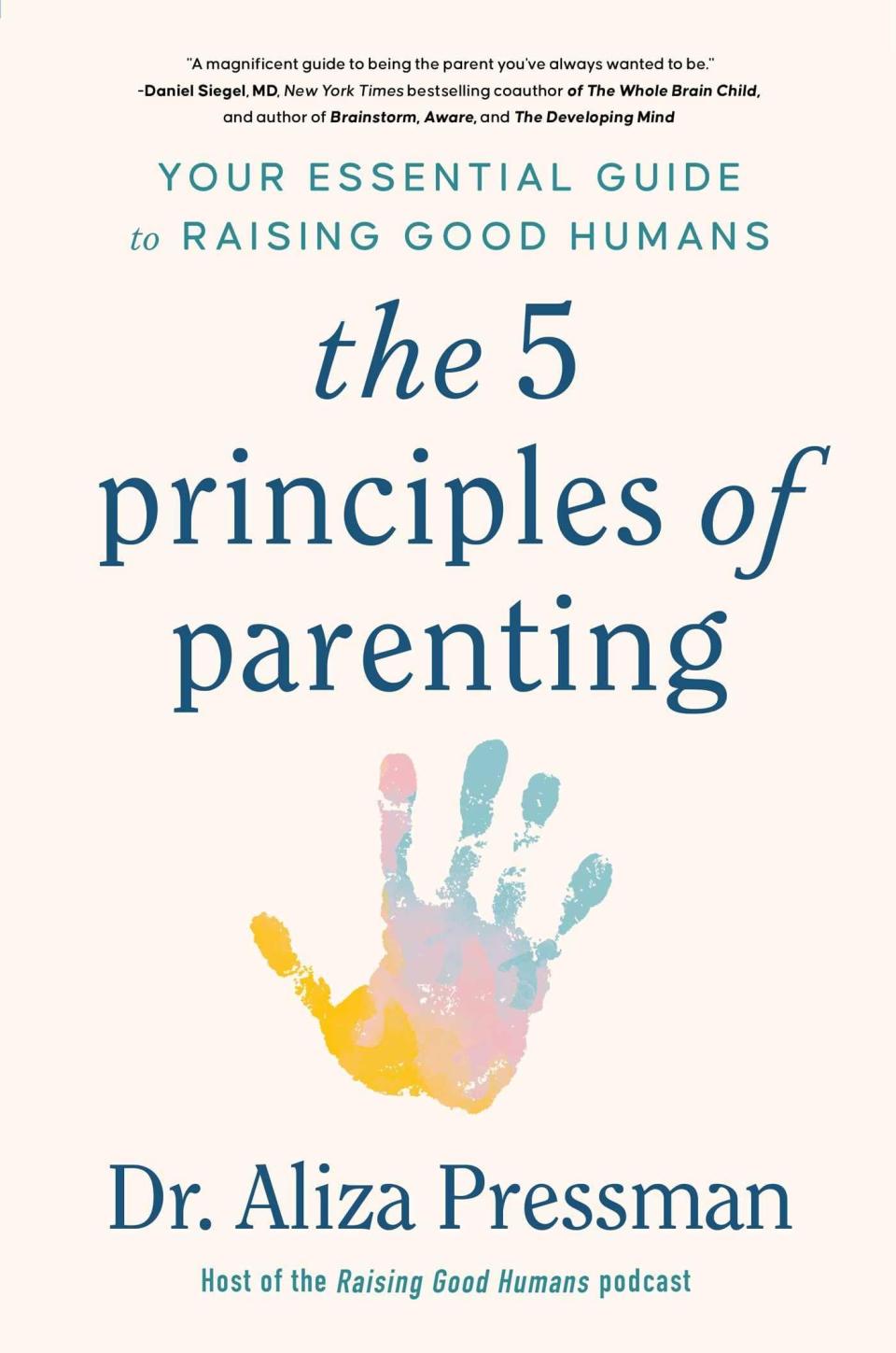
The 5 Principles of Parenting: Your Essential Guide to Raising Good Humans
amazon.com
$17.19
Cribsheet: A Data-Driven Guide to Better, More Relaxed Parenting, from Birth to Preschool (The ParentData Series)
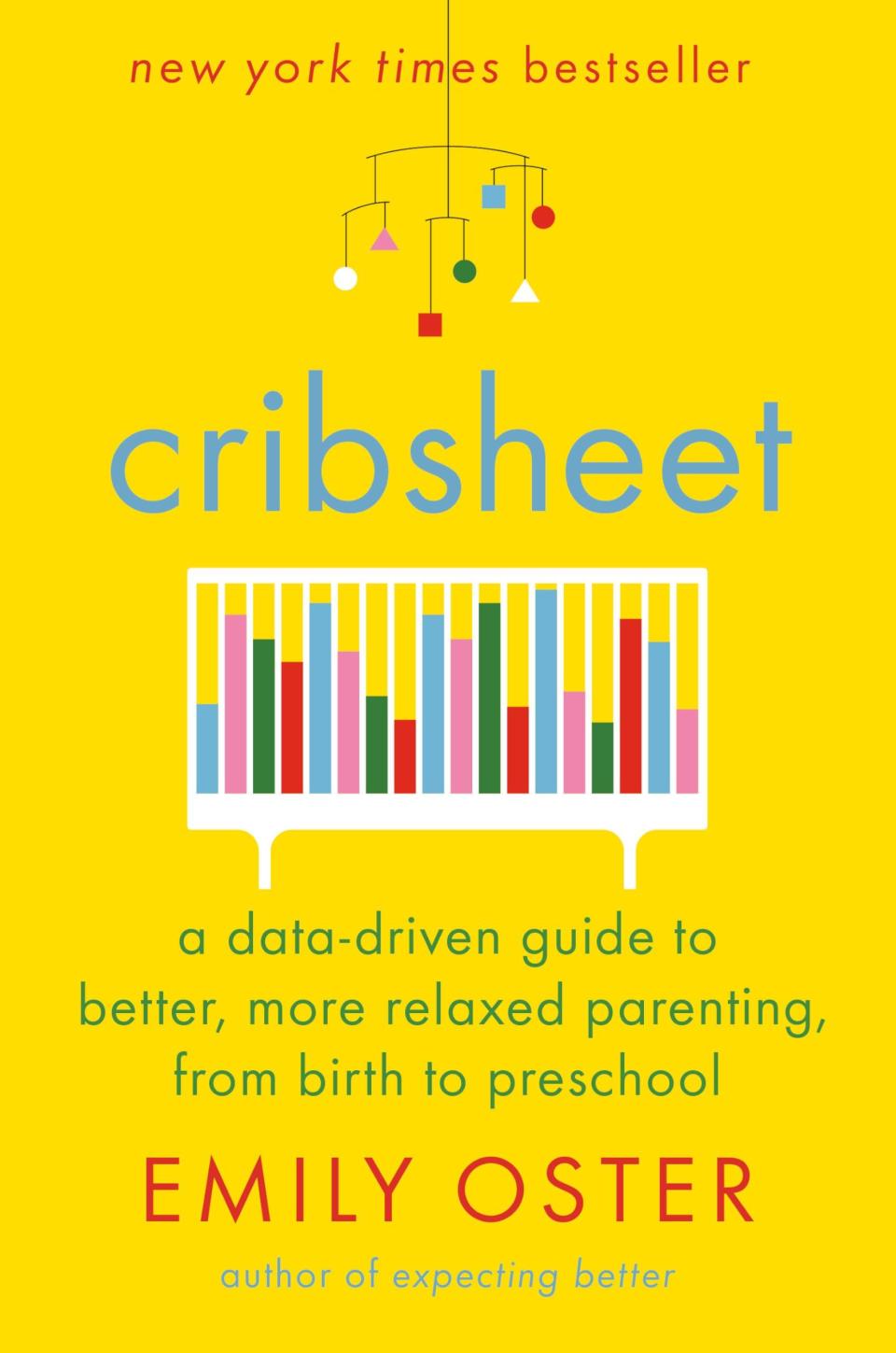
Cribsheet: A Data-Driven Guide to Better, More Relaxed Parenting, from Birth to Preschool (The ParentData Series)
amazon.com
$16.24
The Anxious Generation: How the Great Rewiring of Childhood Is Causing an Epidemic of Mental Illness
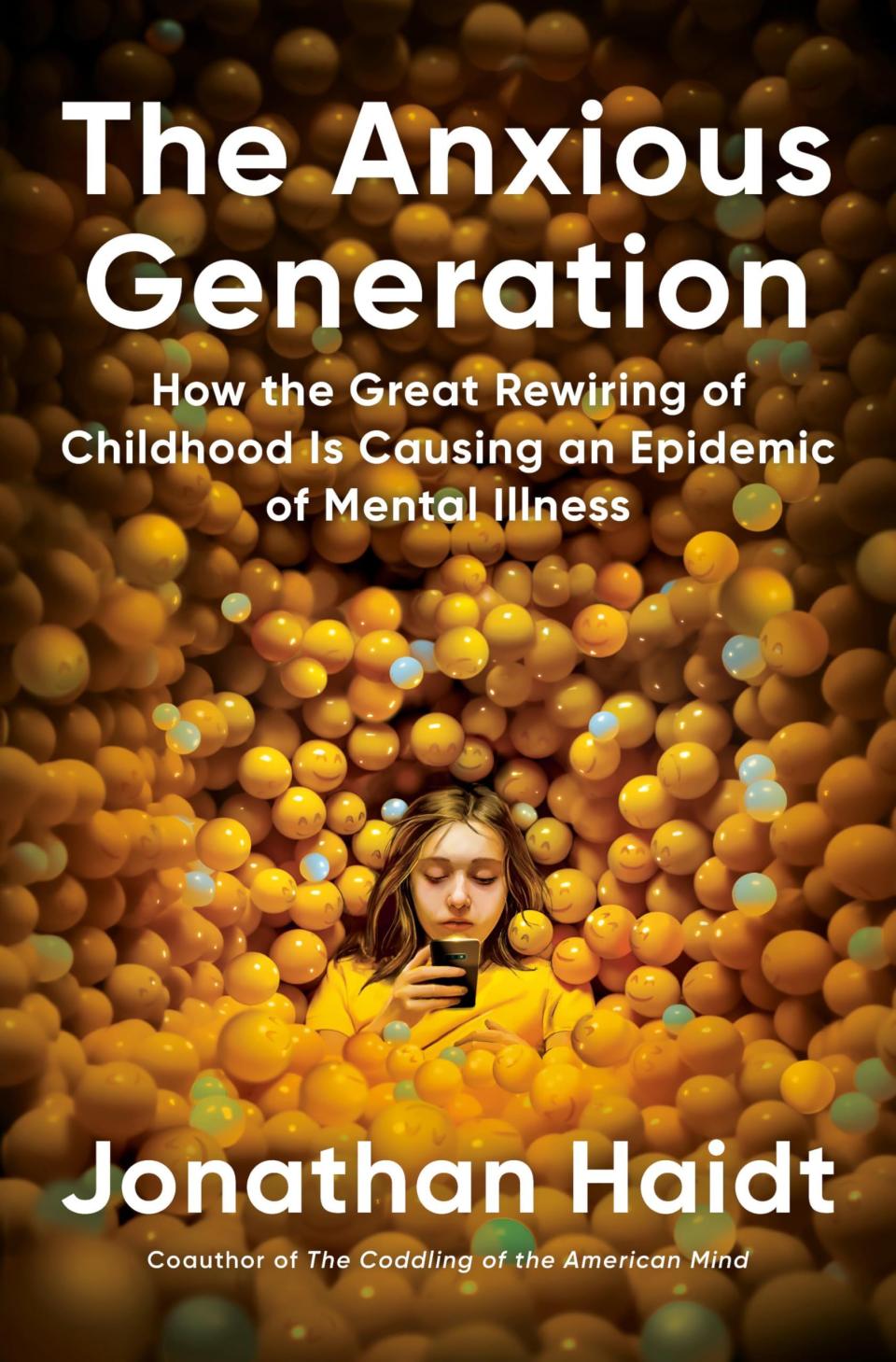
The Anxious Generation: How the Great Rewiring of Childhood Is Causing an Epidemic of Mental Illness
amazon.com
$19.67
Is It Working?
With all this professional help, are parents better than ever? Are we producing a generation of superresilient humans with genius-level EQs?
It’s too early to tell, and it will probably be impossible to ever know. “The data, in general, is very poor,” Oster says of the effectiveness of different parenting styles. “We don’t have, say, evaluations that compare appropriately, consistently implemented versions of, say, Good Inside protocols versus 1-2-3 Magic,” she says, referring to the method detailed in a best-selling 1995 book by clinical psychologist Thomas Phelan that describes its approach as “gentle but firm” and employs tools like timeouts. (As you may have guessed, timeouts are now much maligned in the social media realm as cruel and counterproductive, though evidence of that also proves elusive.)
Whether the adults are benefiting in the short term is a much more measurable thing, and certainly there are a lot of grateful devotees out there. “I have tools now. I’m a much sturdier parent,” says Amy, using a word—sturdy—that Dr. Becky favors. “I think parents need the scripts,” says my Westchester pal. “I listen to my husband say things like ‘Knock it off!’ to our kids, and he sounds like a Depression-era old man. We as parents bring a lot of baggage to the table, and I found it really helpful to have some of these scripts to speak to my kids in a way that was different from what I heard growing up.”
But at the end of the day the expert is not in the room to make sure her advice isn’t getting twisted or taken to an extreme. “Parents still needs to be able to rely on their instincts,” says Erica Pitman, an L.A.-based therapist. “There are moments when it makes sense to take time to first and foremost honor your kid’s feelings. But there are other times when it doesn’t make sense, and if you don’t have instincts to help you synthesize all this advice, it’s a problem. Plus, if you’re relying on the scripts and using someone else’s words too much of the time, it could get in the way of more authentic, intimate relationships with your children.” And ultimately, notes Oster, “All of this content can start to raise the stakes of every little interaction” in a way that’s disproportionate to impact.
“Being a good parent means you’re not starving or beating your kid,” says Lenore Skenazy, half-jokingly. Skenazy is a co-founder of Let Grow, a nonprofit that advocates for children spending more time unsupervised by adults, thereby learning independence, which Let Grow posits leads to mentally healthy, happy, productive adults. (Jonathan Haidt, among other illustrious folks, sit on its board.) Skenazy, who wrote a book, Free-Range Kids, that includes a chapter called “Relax: Not Every Little Thing You Do Has That Much Impact on Your Child’s Development,” doesn’t feel strongly about any particular parenting guru or approach. Rather, she finds it remarkable that so many parents think they can or should influence their kids to the degree implied by these oceans of parenting content. “I don’t blame parents for being confused, because it does seem like there’s extraordinary emphasis on tiny everyday interactions that will then determine if Johnny ends up CEO of Estée Lauder or dumpster-diving for heroin. It makes you feel like you need a sherpa for these extremely dangerous, craggy mountains of decisions you have to make all the time. But the complete and surprising truth is that you just need a little less time together. Yes, kids need plenty of nurturing, but they need time away from adults, too. So much of the growth happens when kids are on their own or with their friends, out of your sight. An added benefit is you don’t have to see all the dumb and mean stuff that kids constantly do, and have to constantly figure out how to intervene or keep your cool.”
The parents who disagree with this more hands-off approach might also be the ones most likely to drive themselves crazy with research. “Who are the parents seeking out all the expertise? It’s often the anxious parent,” says a therapist based in New Jersey and New York who treats both parents and kids with anxiety. “For some people this lends them confidence. But one of my clients often tells me that all this searching and learning online leaves her feeling worse, because it’s like there’s one right way to do this and a lot of wrong ways.”
In other words, parenting anxiety and advice can evolve into a symbiotic relationship, each perpetuating the other. “Parents are definitely more worried now that they’re doing something wrong,” says Rinke Langworthy. “The experts seem to have all the answers, and you start questioning your own skills and abilities. If the experts are getting you to think about things from a different perspective, that’s great. If you see them as an absolute guru with all the right answers, that can be problematic. They don’t have all the answers all the time. No one does.”
You Might Also Like

